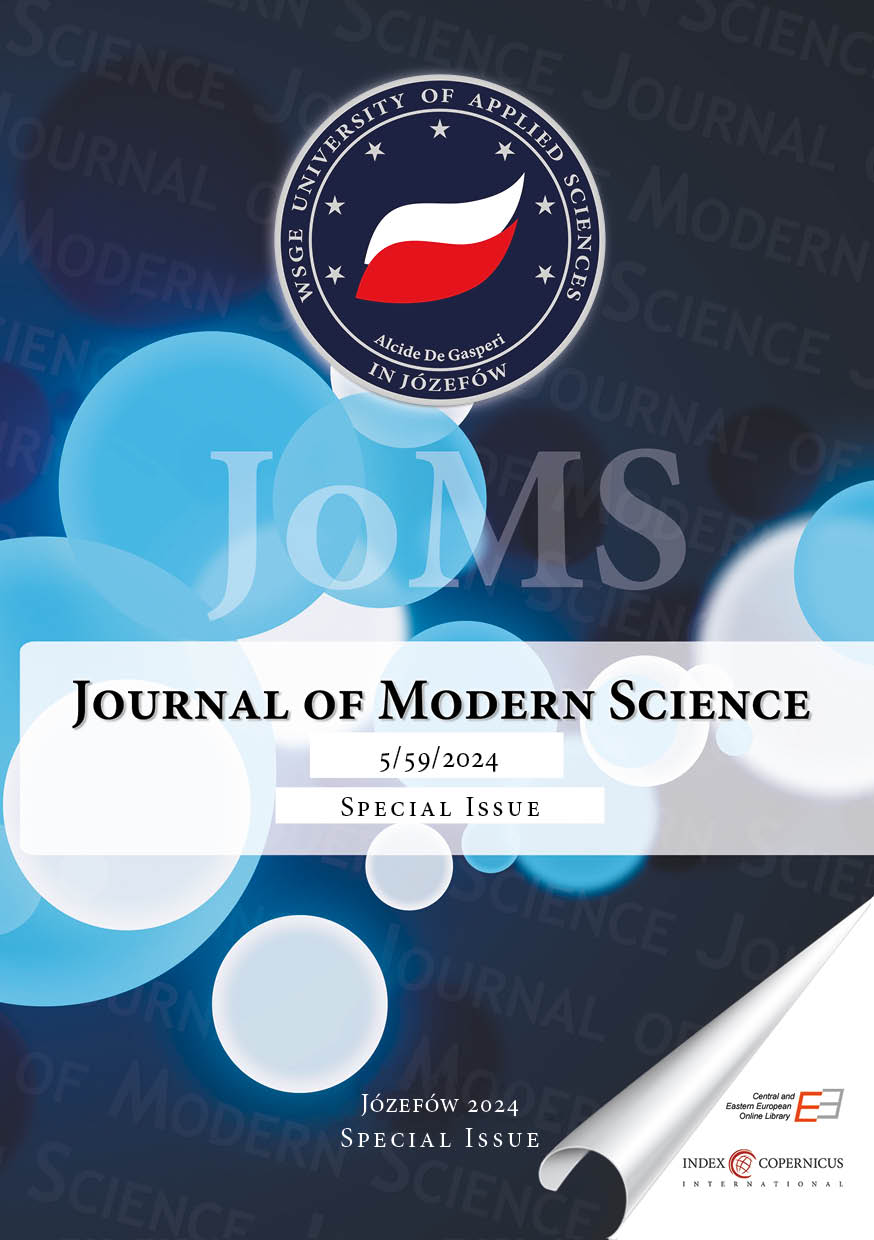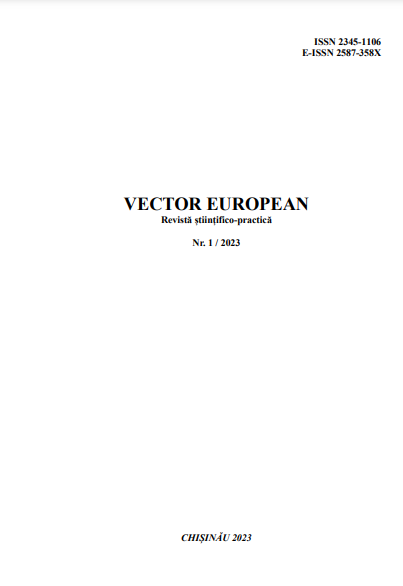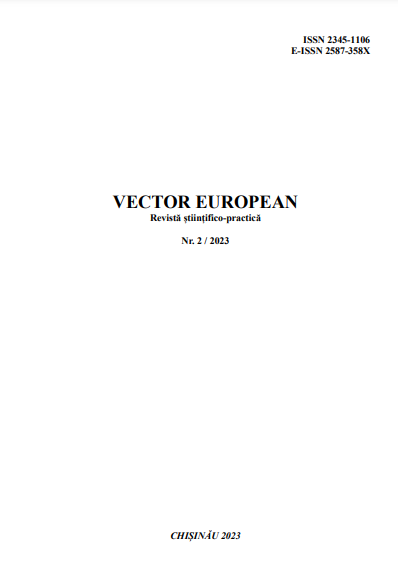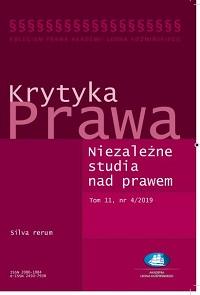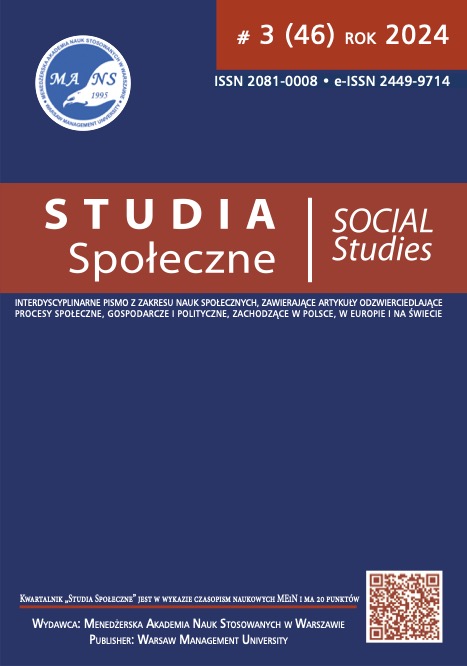
CESIBILITATEA DREPTULUI DE UZUFRUCT
Usually the right of usufruct is constituted in the consideration of the identity of the person of the usufructuary, being a personal intuition contract. The rule that follows from the provisions of the Civil Code regarding the transfer by the usufructuary of the usufruct right constituted in his favor is that of its inalienability. By way of exception, it is possible for the usufructuary to assign the right to a third party but only if the following conditions are met: this possibility was provided for in the incorporation contract; there is the consent of the bare owner; the legal act is onerous and belongs to the category of acts between the living.
More...

